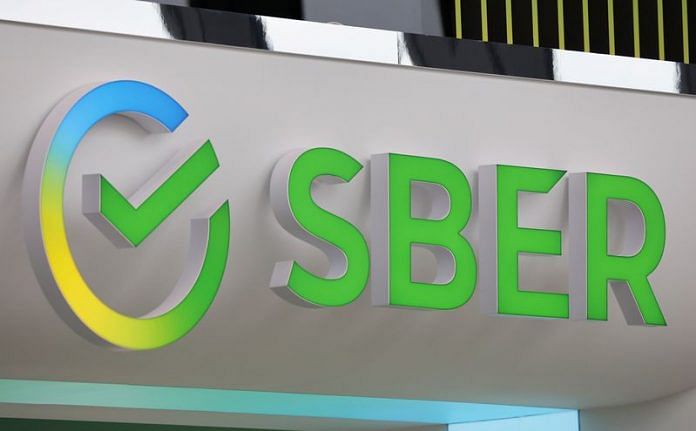By Alexander Marrow
(Reuters) – Sberbank, Russia’s dominant lender and a leading technology company, is finding graphics cards the trickiest hardware item to replace in the absence of Western providers, CEO German Gref said on Wednesday.
Sberbank needs the cards for its artificial intelligence services and super computers and Western sanctions over Moscow’s actions in Ukraine have curbed Russia’s access to some technology imports.
“We depend first and foremost on technology called hardware,” Gref told lawmakers in the Federation Council, Russia’s upper house of parliament. “And probably the most critical position is graphics cards, microelectronics – video cards for high-performance computing.”
“The Chinese are now doing a lot to organise their own production, so I hope that with time, this dependency will also be resolved.”
Moscow is becoming more dependent on Beijing, having sharply raised its use of the yuan, increased energy supplies to China and started selling more and more Chinese-branded cars as Western automakers depart.
Gref was responding to lawmakers after delivering a presentation about the main technologies that will determine humankind’s development, touching on blockchain, high-speed internet, quantum computing and robotics
The central bank in December warned of rising risks to financial stability as the departure of foreign companies from the country makes it difficult to import equipment and that could do more long-term damage than export restrictions.
In the absence of Western imports, local companies have enhanced efforts to increase domestic production and cushion the blow.
Gref said Sberbank had already been making progress in reducing its reliance on imports, especially when it comes to software.
“Over the past six to seven years we have been investing to avoid dependence on imported technology and we have managed in general to do this across the entire spectrum of our activities, in terms of creating software,” Gref said.
He said complex systems, such as those provided by Germany’s SAP, may take another two to three years to localise.
(Reporting by Alexander Marrow; Editing by Sharon Singleton)
Disclaimer: This report is auto generated from the Reuters news service. ThePrint holds no responsibilty for its content.



